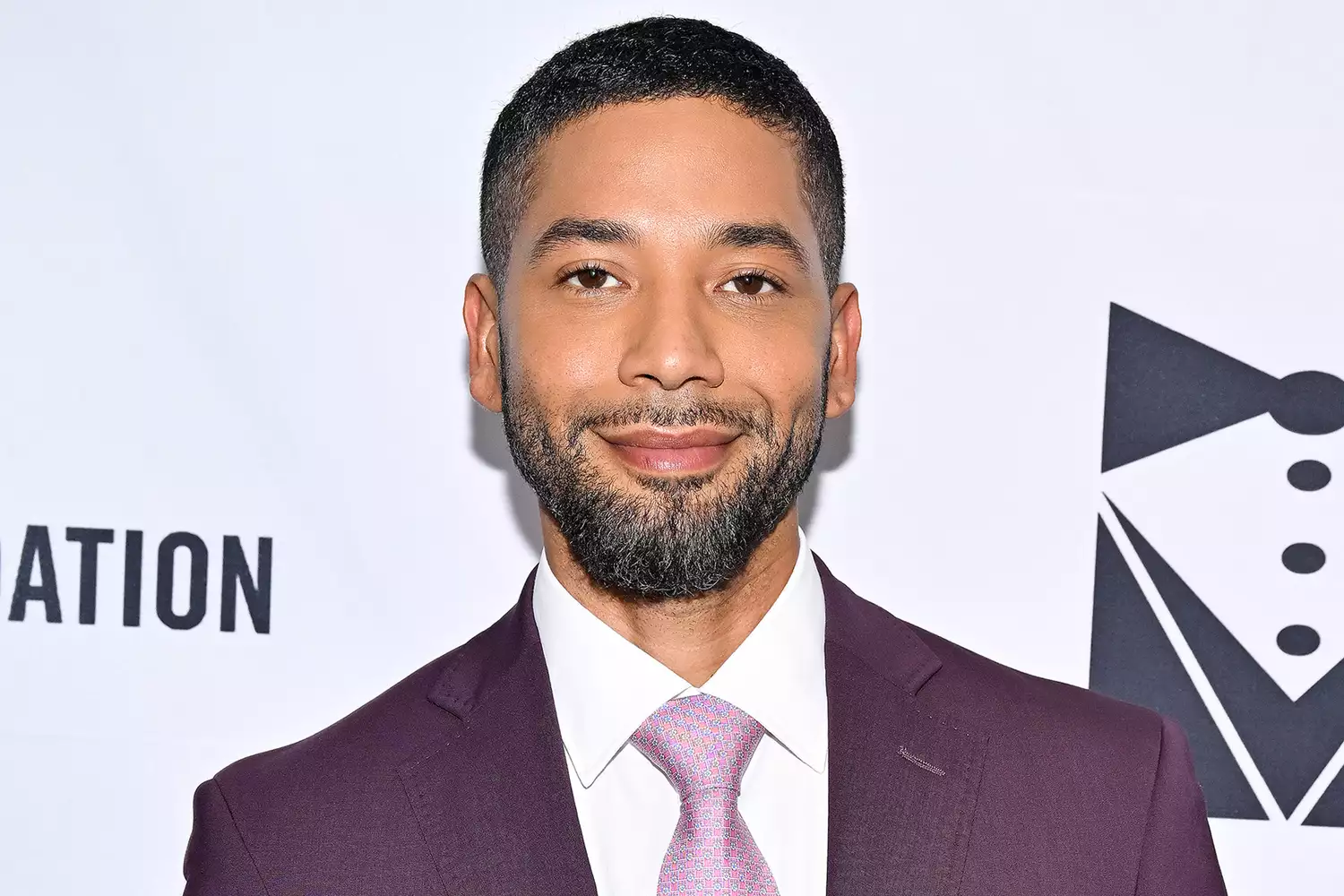Illinois Supreme Court Overturns Jussie Smollett’s Conviction in Alleged Hate Crime Hoax
Contents
Illinois Supreme Court Overturns Jussie Smollett’s Conviction in Alleged Hate Crime Hoax
The Illinois Supreme Court has overturned actor Jussie Smollett’s 2021 conviction for disorderly conduct, ruling he should not have been prosecuted again for the 2019 incident after previously reaching a deal with prosecutors. The decision ensures Smollett will not return to prison.
“This case addresses the State’s obligation to honor agreements made with defendants,” the court explained in its decision. “Specifically, we examine whether a dismissal via nolle prosequi as part of an agreement can lead to a second prosecution when the defendant has fulfilled their obligations. We hold that such a second prosecution constitutes a due process violation, and we therefore reverse the conviction.”
Background on the Case
In 2019, Smollett was widely recognized for his role as Jamal Lyon on the TV series Empire. However, on January 29 of that year, he reported being attacked by two unknown men near Fox’s Chicago studio. Smollett claimed the assailants hurled racist and homophobic slurs, tied a rope around his neck, and shouted “MAGA,” referencing then-President Donald Trump’s campaign slogan, “Make America Great Again.”
Initially investigated as a hate crime, the case took a dramatic turn when evidence surfaced suggesting Smollett had orchestrated the attack with the help of his alleged “attackers.” A grand jury indicted him on 16 felony charges for falsifying police reports and misleading investigators.
Despite these charges, Cook County State’s Attorney Kim Foxx’s office negotiated a controversial deal: Smollett agreed to perform community service and forfeit his $10,000 bond in exchange for the charges being dropped. Although this arrangement avoided a trial, it sparked widespread backlash, including criticism from both Trump and then-Chicago Mayor Rahm Emanuel. Foxx’s handling of the case became a focal point in her 2020 re-election campaign, which she ultimately won.
Smollett’s career also suffered; he was written out of Empire and did not appear in the show’s final season.

Reopening the Case
Public dissatisfaction with the case’s resolution prompted the appointment of a special prosecutor in 2020. This led to Smollett’s second prosecution, which resulted in a jury trial and a conviction for disorderly conduct. He was sentenced to 30 months of felony probation, including 150 days in jail. However, Smollett appealed, and though an appellate court initially upheld the conviction, his case eventually reached the Illinois Supreme Court.
The Supreme Court’s Decision
The court ruled that the second prosecution violated Smollett’s due process rights, as the State was bound by its initial agreement with him. Since Smollett completed his community service and forfeited his bond, the court found no legal basis for retrying him.
Illinois Supreme Court Overturns Jussie Smollett’s Conviction in Alleged Hate Crime Hoax
“We recognize this case has generated significant public interest and dissatisfaction with its original resolution,” the court stated. “However, the greater injustice would be for this court to rule that the State is not obligated to uphold agreements that defendants have relied upon.”
The ruling mirrors the logic used by the Pennsylvania Supreme Court in overturning Bill Cosby’s sexual assault conviction in 2021. Cosby’s conviction relied on testimony he provided during a civil trial after being promised immunity from criminal prosecution—a promise the court found to have been violated.
Conclusion
With this decision, Smollett’s years-long legal saga comes to an end. The Illinois Supreme Court’s ruling emphasizes the principle that defendants should be able to trust agreements made with prosecutors, even in high-profile and contentious cases.
For further details, you can read the Illinois Supreme Court’s full ruling [here].
Latest new from Owl Fashion Shop
